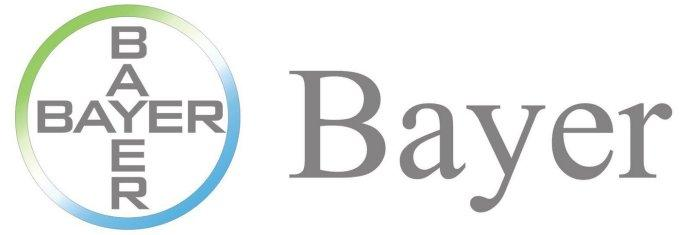fiercepharmaMarch 21, 2019
Tag: Bayer , sales , Animal Health
Ever since last November, when Bayer ended months of speculation and confirmed it would be casting off its animal health unit, investors have been waiting for details.

Now, some hints are emerging about just how Bayer plans to exit its animal health business—and who might be stepping up to buy it.
Bayer plans to auction off the animal health unit next quarter, according to anonymous sources who spoke to Bloomberg. Large private equity firms like KKR are exploring bids, as are buyout firms such as Blackstone and Permira, the sources said, adding that other animal health companies might participate.
Bayer’s animal health business, home to the high-selling Advantage line of flea and tick fighters and other top brands, could haul in up to €8 billion ($9 billion), the sources suggested. And if bidders don't offer up enough for Bayer, the company might spin off the unit instead, Bloomberg's sources said.
A spokesperson for Bayer declined to comment in response to a query from FiercePharma. The company said last month it would update investors on its animal health plans during its first-quarter financial report April 25, which will be followed the next day by its annual shareholder meeting.
The German conglomerate is counting on the animal health transaction to deliver capital for a long-needed restructuring. Hiving off the unit is part of a major reshuffling within the company, which also includes 12,000 job losses. The company said in November it would cut 900 R&D jobs, 4,100 crop-science professionals and as many as 6,000 corporate staff.
The huge overhaul is aimed at beefing up Bayer's presence in the market for prescription drugs. It hopes the restructuring will stabilize the company in the wake of its controversial Monsanto acquisition and yield €2.6 billion in annual savings starting in 2022.
Bayer is prepping for the potential animal health sale by working with advisers and accountants to assemble financial data, according to Bloomberg’s sources. It may spin off the business if it decides bidders are undervaluing it, they said. Bloomberg expects the deal to be one of the largest in Europe this year.
Bayer is also selling off two of its well-known but struggling consumer brands, Coppertone sunblock and Dr. Scholl’s. Bernstein analysts estimated last year the products could bring in up to €800 million ($909 million).
When asked for an update on the selloffs during the first-quarter earnings call, Bayer’s chief financial officer, Wolfgang Nickl, said the company expected to complete the Coppertone deal in the first half of the year and Dr. Scholl’s in the second half. He declined to provide details on the effort to sell off animal health, saying only "I can confirm that for all of these assets there is keen interest because of their attractiveness."
Bayer’s animal health revenues totaled €1.5 billion ($1.7 billion) in 2018, flat over the previous year. The company reported that the business grew in all regions except Europe, the Middle East and Africa, and that sales of its new Seresto flea-and-tick collar were up nearly 29%. That product launched in China just yesterday.
The company will have plenty of work ahead if it’s to realize its ambitions in human health, though. During the fourth quarter, Bayer’s pharma sales of €4.3 billion ($4.9 billion) came in below estimates. Sales of its blood thinner Xarelto grew nearly 13% last year, but Bayer’s executives indicated it might take a while for the product to achieve peak sales estimates of $5 billion per year. And even though sales of its eye drug Eylea soared 20% in 2018, Bayer said it expected only single-digit growth this year.
Register as Visitor to CPhI China 2019!

-----------------------------------------------------------------------
Editor's Note:
To apply for becoming a contributor of En-CPhI.cn,
welcome to send your CV and sample works to us,
Email: Julia.Zhang@ubmsinoexpo.com.


Contact Us
Tel: (+86) 400 610 1188
WhatsApp/Telegram/Wechat: +86 13621645194
+86 15021993094
Follow Us:




 Pharma Sources Insight July 2025
Pharma Sources Insight July 2025


